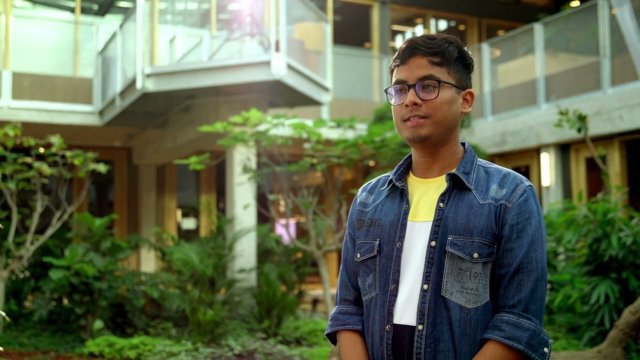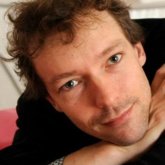PhD position on perception and action in interceptive behaviors in sports
Are you excited about motor control, visual perception, and decision making in sports? Then, this PhD position might be for you!
The aim of this project is to model the visual control of action in team sports – from catching and tackling to spiking and evading. Insights derived from this project will benefit research on sports science, interaction technology, and ecological psychology. Apply now!
This PhD position is about the continuous visual guidance of locomotor behavior in team sports. In this project, you will develop and test ecological models of how athletes (decide to) act upon moving targets. Existing models typically dissociate decision making and motor control. Either focusing on the information that is needed to perceive relevant action possibilities (known as affordances) or focusing on the information that is needed to control behavior (known as control laws).
In a recent modelling study on the kinematics of catching in baseball, we found that the information that guides the control of action might actually be the same information that also informs decision making. This unification of information challenges traditional models of control in perception-action research. With this PhD project, we aim to extend our model to include all interceptive behaviors in sports, such as tackling / evading an opponent or running to receive a pass.
In this position, you will collect kinematic data that allows you to make inferences on the perceptual information that is used to guide interceptive behaviors in sports. Data may be collected using sensor platforms such as XSens Link; OptiTrack; JohanSports GPS tracking; and Tobii eye tracking. You will also work with – and build on – Virtual Reality setups that allow you to investigate interceptive behaviors in a range of sport specific scenarios. You will perform high quality and internationally visible research that gets published at top tier conferences and journals.
Information and application
Are you interested in this position? Please send your application via the 'Apply now' button below before the 15th of September, and include:
- A cover letter (maximum 2 pages A4), emphasizing your specific interest, qualifications, motivations to apply for this position.
- A Curriculum Vitae, including a list of all courses attended and grades obtained, and, if applicable, a list of publications and references.
- You are proficient in English and have excellent writing and communication skills.
- Contact information of two references who we may contact.
- Your master’s thesis, or in case it is not yet completed, one other document written in English of which you are the main author. This can be a publication, a term paper, or anything else that you wrote and consider relevant.
For more information regarding this position, you are welcome to contact dr. Dees B.W. Postma – d.b.w.postma@utwente.nl.
Please note that during the summer period, it may take longer than usual to get a response to your email.
About the department
You will work in the Human Media Interaction group at the faculty of Electrical Engineering Mathematics and Computer Science (EEMCS) of the University of Twente in close collaboration with the Human Movement Sciences department at the University of Groningen and the Cognitive Science department of the Rensselaer Polytechnic Institute in state New York.
The Human Media Interaction group does research into multimodal interaction: from brain computer interfaces to social robots. Part of the HMI-group is the Sports Interaction Technology interest group, researching how interactive technologies like virtual reality and interactive climbing walls may be used to support or better understand sports and movement. The HMI group is a group of enthusiastic, kind, and passionate researchers with an open mind to science and society.
The Human Movement Sciences department at the University of Groningen is one of the leading centers on movement and sport science with great expertise on the visual control of action.
About the organisation
The faculty of Electrical Engineering, Mathematics and Computer Science (EEMCS) uses mathematics, electronics and computer technology to contribute to the development of Information and Communication Technology (ICT). With ICT present in almost every device and product we use nowadays, we embrace our role as contributors to a broad range of societal activities and as pioneers of tomorrow's digital society. As part of a people-first tech university that aims to shape society, individuals and connections, our faculty works together intensively with industrial partners and researchers in the Netherlands and abroad, and conducts extensive research for external commissioning parties and funders. Our research has a high profile both in the Netherlands and internationally. It has been accommodated in three multidisciplinary UT research institutes: Mesa+ Institute, TechMed Centre and Digital Society Institute.




